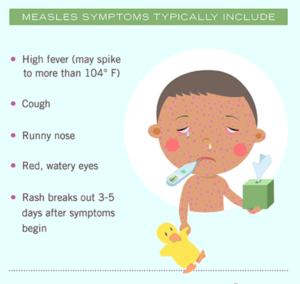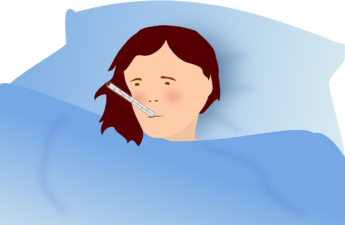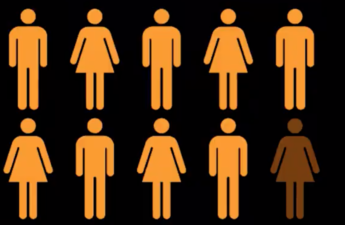 From the Snohomish Health District
From the Snohomish Health District
SNOHOMISH COUNTY, Wash. – As previously reported July 7, a minor that was part of a large group visiting multiple states in the U.S. for a summer program was confirmed with measles. The Snohomish Health District’s Communicable Disease and Surveillance team has been monitoring the health status of other individuals in the family who were exposed and were considered non-immune.
One adult and three minors in the household developed fevers and rashes, and have now been confirmed with measles.
“Thanks to the close communication and cooperation by everyone involved, we’ve been able to prevent additional exposures to the public,” said Dr. Mark Beatty, health officer for the Snohomish Health District. “Our staff, healthcare partners and the entire family have been a real team in keeping these cases contained so far.”
There have been a number of individuals screened who had been at the locations previously released for potential exposure, but there are no confirmed cases from those public spaces at this time.
About measles
Measles is a highly contagious and potentially severe disease that causes fever, rash, cough, and red, watery eyes. It is mainly spread through the air after a person with measles coughs or sneezes.
Measles symptoms begin seven to 21 days after exposure. Measles is contagious from approximately four days before the rash appears through four days after the rash appears. People can spread measles before they have the characteristic measles rash.
People at highest risk from exposure to measles include those who are unvaccinated, pregnant women, infants under six months of age and those with weakened immune systems. A person is considered immune to measles if any of the following apply:
- You were born before 1957
- You are certain you have had the measles
- You are up-to-date on measles vaccines (one dose for children age 12 months through three years old, two doses in anyone four years and older).
For more information about measles and measles vaccination, please visit www.doh.wa.gov/measles.


